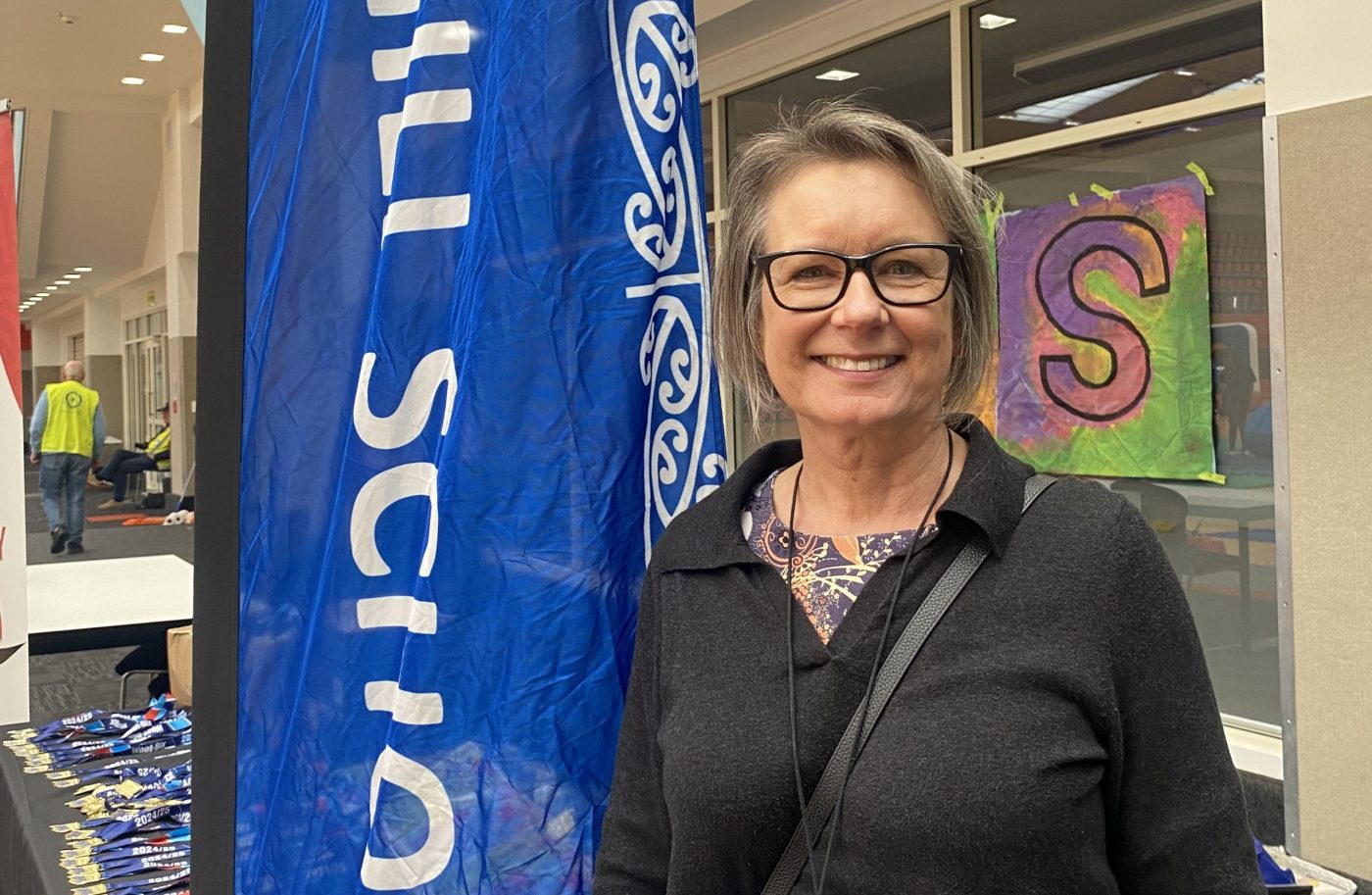|
Getting your Trinity Audio player ready...
|

Specialist schools across New Zealand are teaching young students with learning difficulties vital skills to thrive and reach their potential.
And now, specialist schools celebrated their mahi supporting young Kiwis with their first national awareness day.
Te Rā Whakanui Kura Motuhake, A Day to Celebrate Specialist Schools, was held on Friday, August 22. Ākonga (learners) and their teachers stopped to mark the occasion with shared kai, sports and a range of sensory activities.
In Papakura, over 300 students from Rosehill School enjoyed a series of fun activities at Pulman Arena.
Rosehill School principal Gill Hedley said they were looking at making it a regular event.
“It’s been a great opportunity for our kids to have some fun, and we’ve had great support from the wider community.”

There are 27 special education day schools across New Zealand, teaching more than 4500 children. They also support hundreds of other students in mainstream satellite classes across the country. The day schools educate students aged 5 to 21, with individual learning programmes tailored to their needs, to see them learn and flourish.
There are an additional seven specialist schools, including residential stay and a youth justice school.
Students at specialist schools have diverse and complex needs. Many are non-verbal. As well as a tailored education plan, the students benefit from small class sizes and specialist support, which may include speech language therapy, occupational therapy, physiotherapy, music and art therapy, and psychologists.
Maureen Poulter, Special Education Principals Association president, said the schools taught traditional curriculum subjects, and other programmes such as hydrotherapy, Riding for the Disabled, and Duke of Edinburgh are also offered.
“Each student’s unique needs are met through specialist plans so they can thrive academically, socially, emotionally and physically,” she said.
As the students reach their late teens, a transition programme begins, teaching important life and social skills like cooking, cleaning, catching the bus and work skills, where appropriate.
“We do this so that each student gains as many skills as possible to set themselves up for the life they would like to live, as independently as possible.”
The theme for the day is “sensory”, because many students have sensory needs, which are incorporated into their learning.
A recent ERO review of the specialist day schools was very positive about the quality of education provided, and parent satisfaction was high.
“Specialist schools are life-changing for our learners and their families. Every day we make a difference through our specialist programmes and approaches. It’s fantastic to see our students make such progress in their learning,” said Poulter.
About specialist schools
- Specialist schools in New Zealand provide tailored support and education for children aged five to 21 with significant learning needs.
- Specialist schools are part of the publicly funded education system and there are no fees to attend.
- There are 27 day specialist schools; 3 residential schools; 1 alternative residential specialist school; 1 youth justice school and 2 sensory schools.
- In 2024, there were 4604 students enrolled in specialist schools in New Zealand.
- Demand for the specialist schools has skyrocketed, with rolls growing by more than 60% since 2013. There were more than 680 children on the waiting list at the start of 2024. No new specialist schools have opened in the last 50 years, but there have been an expansion of satellite classes at mainstream schools.
- In specialist schools, a priority is placed on personalised learning plans developed for each child’s specific needs. Each school is staffed by specialist teachers, therapists and support staff.
- All specialist schools follow the New Zealand Curriculum at the level that is relevant for each student, and also include other aspects such as life skills, accessing the community, and work skills and work experience for older students.
- Enrolment typically requires a child or young person to have High or Very High ORS (ongoing resourcing scheme) funding. Enrolment in a specialist school requires an agreement with the Ministry of Education. Contact your local specialist school for more information on the enrolment process in your region.
- Find out how to enrol here: www.specialistschools.nz/how-to-enroll



